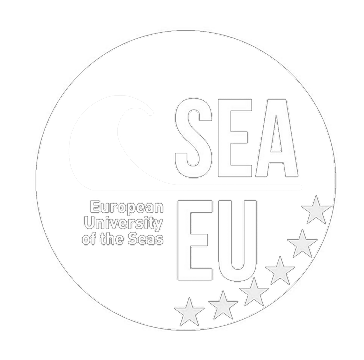The UCA appears for the first time in the ‘CWTS Leiden’ ranking and is consolidated among the thousand best universities in the world. 24 July 2020
This ranking measures scientific production, with a minimum of 800 publications indexed on the ‘Web of Science’.
The University of Cádiz continues with its progression and consolidation in the most prestigious international university rankings. This is confirmed once again by the CWTS Leiden ranking, where the UCA bursts in for the first time and does so by overcoming the barrier of the thousand best university institutions in the world, ranking 967th, reaching position 343rd in the European context and the 35th within the Spanish university system.
The CWTS Leiden 2020 ranking collects its data from the bibliometric index of the Web of Science, which offers broad international coverage in terms of scientific production, based on various citations indexes for both articles and reviews (Science Citation Index Expanded, Social Sciences Citation Index and Arts & Humanities Citation Index). In this way, it carries out its own analysis of citations and, in order to calculate the different indicators, identifies the publications of industrial organizations, assigns “open access” labels to the publications, specifies articles belonging to different authors who share the same signature, paying close attention to assigning the publications to the universities they really belong to.

It includes universities from 65 different countries without the need for these institutions to request their appearance in it. The benchmark is its high scientific output, with a minimum of 800 publications indexed on the Web of Science in the 2015-2018 period. In addition, it takes into account that collaborative publications are partially accounted for, so that each university scores in the proportion of authors who belong to it, with respect to the total number of authors.
The statistics available in the CWTS Leiden 2020 ranking are based on publications from the 2015-2018 period, although they also include previous periods. Those considered as principal are observed, that is, in scientific journals with an international scope in fields suitable for the analysis of citations, written in English, with one or more authors. The exclusion of non-major journal publications ensures that the ranking is based on a relatively homogeneous set of publications, which improves the international comparison of universities.


